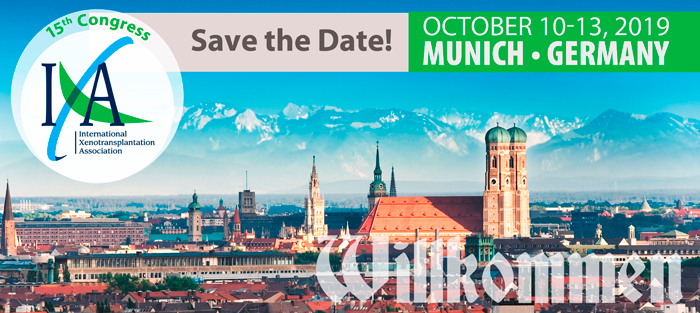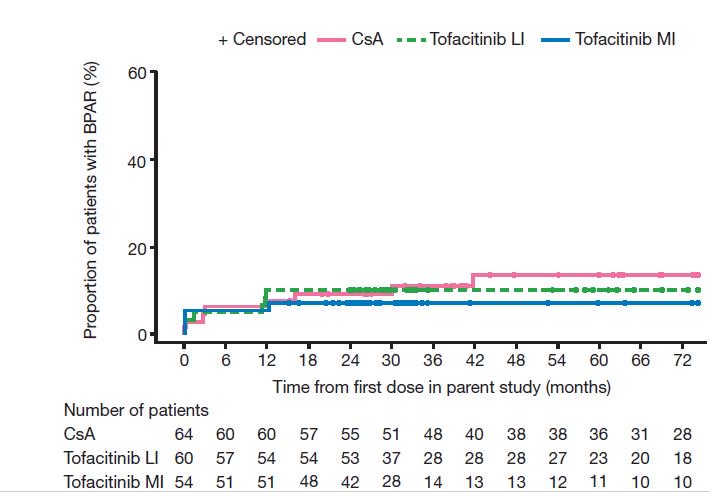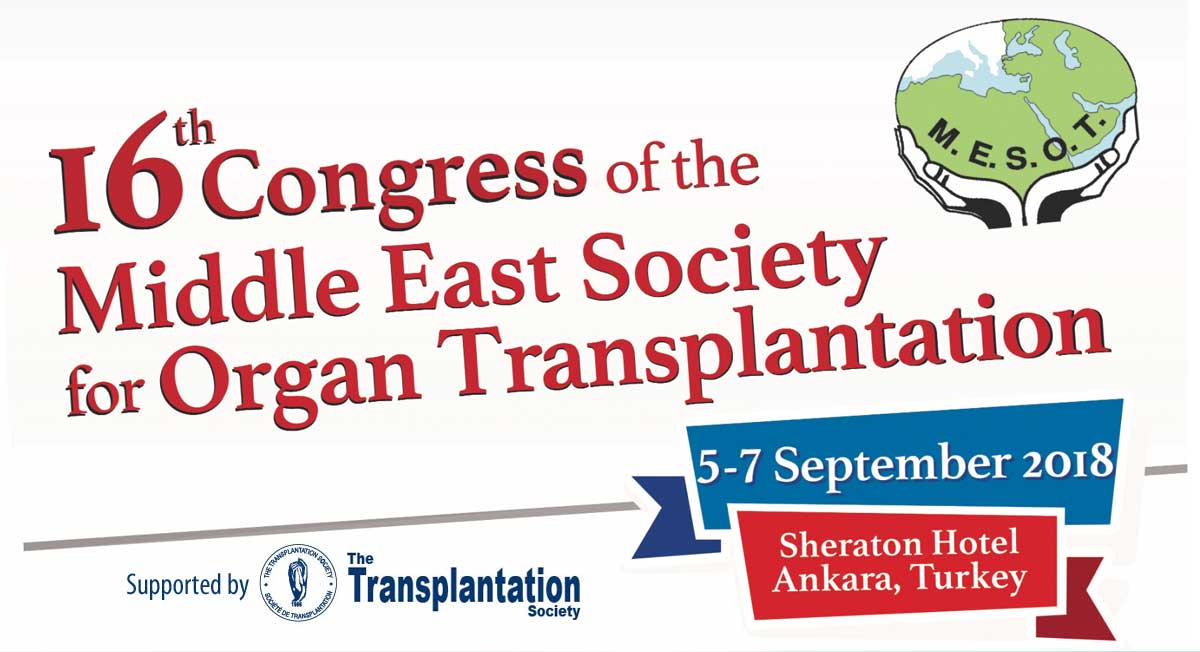
Advancement of organ regeneration for transplantation
Last week an article appeared in Wired magazine about a recently paper published in Science Translational Medicine, “Production and transplantation of bioengineered lung into a large-animal model”. The Transplantation Society asked one of our own experts, Christopher Burlak from the University of Minnesota, to provide our readership with a commentary regarding the advancement of organ regeneration for transplantation.
- Bioengineers are Closer Than Ever To Lab-Grown Lungs. Wired – August 1, 2018.
https://www.wired.com/story/four-successful-bel-transplants/ - Production and transplantation of bioengineered lung into a large-animal model. Joan Nichols et al . Science Translational Medicine 01 Aug 2018
http://stm.sciencemag.org/content/10/452/eaao3926
Commentary on the advance of organ regeneration for transplantation.
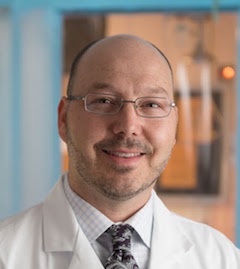 Christopher Burlak, Associate Professor of Surgery and Scientific Program Director of the Schulze Diabetes Institute at the University of Minnesota.
Christopher Burlak, Associate Professor of Surgery and Scientific Program Director of the Schulze Diabetes Institute at the University of Minnesota.
One of the most challenging organs to transplant is the lung. Because of a complex mucosal network riddled with immune cells, transplanted lungs are very sensitive to rejection during allo- or xeno-transplantation. If one could, however, grow a lung from cells of the future recipient, perhaps immune mediated rejection would not be an issue. The challenges of growing bioengineered organs are not trivial, as described by Dr. Joan Nichols and her colleagues in the recently published article in Science Translational Medicine titled, “Production and transplantation of bioengineered lung into a large-animal model”[1]. Mr. Robbie Gonzalez has written a commentary[2] for the magazine Wired that highlights their scientific achievement. I was inspired by Mr. Gonzalez’s commentary and reached out to Dr. Nichols to discuss the science, the challenges, and what comes next.
Continue reading the commentary ...
Many of these important topics will be discussed at IXA 2019. Make sure to mark your calendar!
October 2018 Liver Transplant Symposium

Continuing our strong partnership with the International Liver Transplantation Society (ILTS), The Liver Transplant Symposium 2018, organised by the National University Centre for Organ Transplantation (NUCOT), will be held from 19 – 21 October 2018 in Singapore.
This symposium aims to advance knowledge and expertise in liver transplantation, through multi-disciplinary collaborations within the transplant community to improve the outcomes of our patients.
A key segment of The Liver Transplant Symposium 2018 is undoubtedly the inaugural Living Donor Summit, which will be the first of its kind in Asia. Organised in partnership with the ILTS and The Transplantation Society (TTS), world-renowned key opinion leaders will be invited to discuss state of the art topics, focussing on ethical considerations and best practices in living donor liver transplantation in South East Asia.
The first day of the symposium will also feature a Liver Transplant Surgical Workshop, Simulation in Anaesthesia for Liver Transplantation (SALT) Workshop and Transplant Hepatology Workshop, which have all been very well received in past years by both senior clinicians and trainees.
We look forward to welcoming you to The Liver Transplant Symposium 2018 in Singapore.
Interesting CNN article on face transplantation
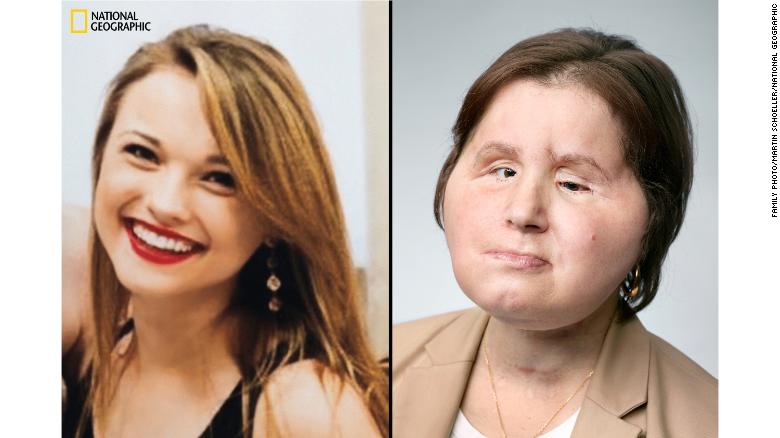
Katie Stubblefield tried to kill herself with a gun at 18; now, she is the youngest face transplant recipient in US history.
She is featured on the cover of National Geographic magazine's September issue, which debuted Tuesday, in an article titled "The Story of a Face" and in National Geographic's full-length documentary "Katie's Face."
Highlighted Article - Transplantation Direct
Dr Peri Kocabayoglu, Editorial Fellow, Transplantation.
Liver Enzymes and the Development of Posttransplantation Diabetes Mellitus in Renal Transplant Recipients.
Klaassen G, Corpeleijn E, Deetman NPE, et al.
Transplant Direct. 2017;3:e208.
Posttransplantation diabetes mellitus (PTDM) increases the risk of graft failure, infections, cardiovascular disease, and early mortality. Risk factors including immunosuppression, cytomegalovirus (CMV) infections, waist cirucumference, hyperlipidemia, and hypertension have been identified. Impaired function and steatosis of the liver are observed as part of the metabolic syndrome.
In this prospective cohort study, Klaassen and coworkers tested the link between liver enzymes and PTDM in 500 kidney transplant recipients. Patients with diabetes at the time of transplantation were excluded.
During a follow up of 9.6 years, 15.2% of renal transplant recipients developed PTDM. The authors found that levels of alanine aminotransferase (ALT) and gamma-glutamyl transferase (GGT) were significantly (and independently) associated with PTDM. Moreover, elevated liver enzymes were associated with increased BMI and waist circumference, supporting the concept that abdominal and hepatic fat accumulation are closely linked. The administration of Tacrolimus did not seem to impact the predictive capacity of elevated liver enzymes for the development of PTDM.
Limitations of this study include a lack of abdominal imaging or liver biopsies as objective parameters of steatosis and adipositas. Moreover, insulin resistance has also not been tested. Nevertheless, this study may have clinical implications linking elevated liver enzymes as markers of an impaired hepatic glucose metabolism with PTDM.
Scientists identify why some kidney transplants don't work
August 13 - Scientists have discovered a 'molecular signature' for the allostatic load – or 'wear and tear' of kidneys – which could help clinicians understand why some kidney transplants don't work as well as expected. The University of Glasgow-led research, published today in Aging Cell and based on a first-of-its-kind study, can now explain why allostatic load develops at a molecular and cellular level, how it affects physiological function and the role of age-related organ capability and resilience.
Spain and Italy perform the first international paired kidney exchange in Southern Europe
August 9 - One patient in Spain and another in Italy were able to receive a living donor kidney transplant thanks to the exchange of organs from their respective donors.
CLICK HERE TO READ THIS ARTICLE
MESOT 2018 - Less THan 3 weeks away!
TTS will be exhibiting at MESOT and a large number of TTS members will be attending or presenting at the Congress. There is still time to register, see link below!
In the News
New Medications May Increase Available Organs for Transplant
August 9 - Until recently, organs from donors who died of drug overdoses were often discarded due to concerns about hepatitis C.
Turning cells into factories
August 10 - Researchers in the University of Georgia College of Engineering have developed a new genetic “smart circuit” that could signal an important advance in the field of metabolic engineering. They outline their findings in a study published this month in the journal Nature Communications.
3D-printed nerve stem cells could help patch up spinal cord injuries
August 10 - Spinal injuries can be like downed power lines – even if everything on either side of the injury is perfectly functional, the break can effectively shut down the whole system. Now, researchers at the University of Minnesota have designed a device that could link everything back together again. A silicone guide, covered in 3D-printed neuronal stem cells, can be implanted into the injury site, where it grows new connections between remaining nerves to let patients regain some motor control.m.
Program testing EHR role in speeding organ donation process
August 13 - The United Network for Organ Sharing is working with software vendors Cerner and Statline to automate manual processes surrounding organ donations. The initiative aims to improve the process for notifying hospitals about potential organ donors, with the hopes of reducing the time it takes to get an organ to needy patients.
Contact
Address
The Transplantation Society
International Headquarters
740 Notre-Dame Ouest
Suite 1245
Montréal, QC, H3C 3X6
Canada
Используйте Вавада казино для игры с бонусом — активируйте промокод и начните выигрывать уже сегодня!

